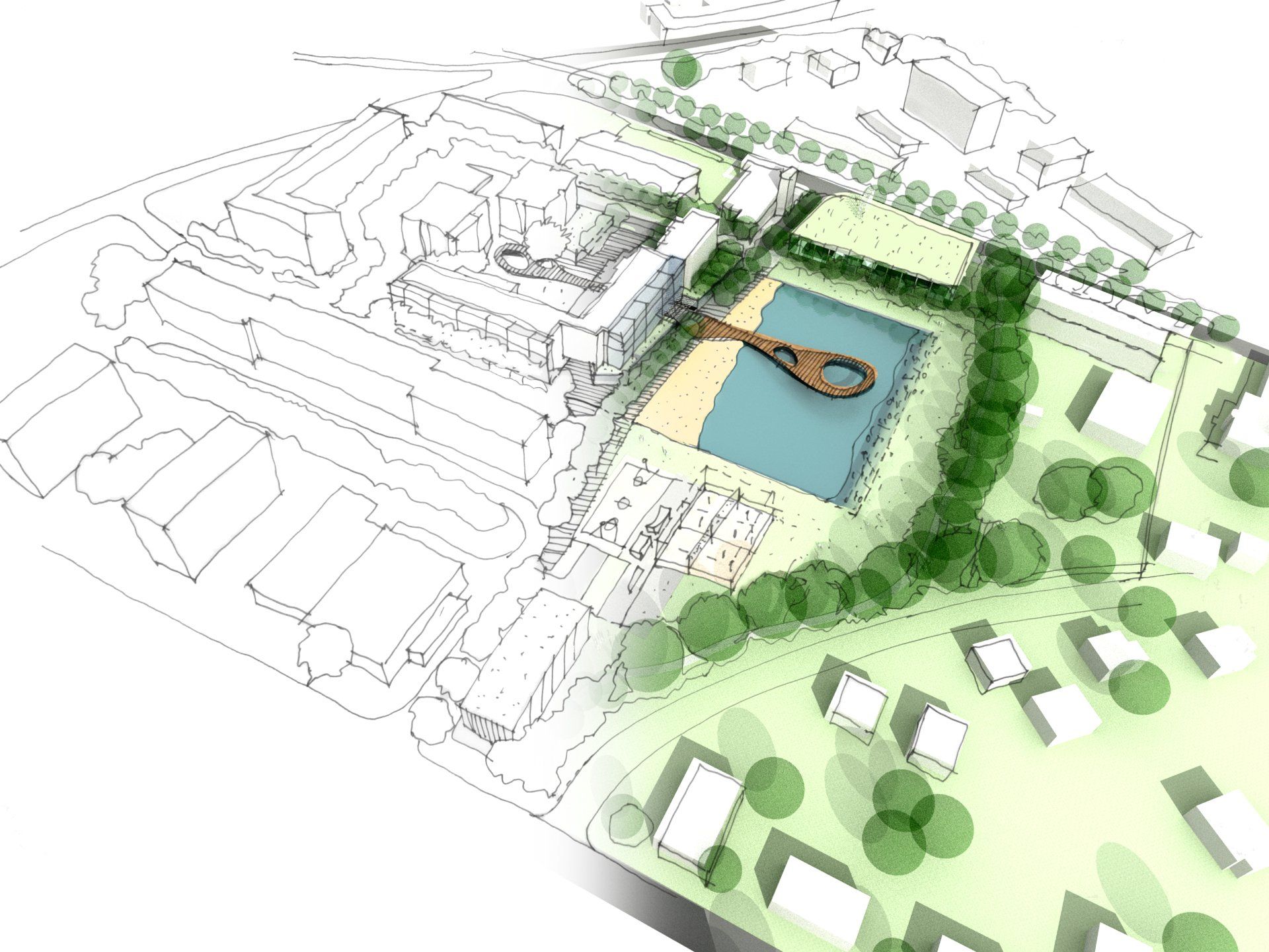Urban Planning Consultants: Your Local Auckland Town Planner
We are an urban planning consultancy specialising in all aspects of urban development and subdivision.
Providing Quality Urban Planning Advice
Urban Planning Consultants are an urban planning consultancy based in Auckland. As highly experienced town planners, Auckland investors and developers can rely on our team to help you with a range of resource consent and urban planning services related to your development project.
We can help you with all of the following:
- Land use consents
- Subdivision consents
- Existing Use Right Certificates
- Certificates of Compliance
- Change to existing consent conditions (s127/s221)
- Regional consents
- Help with compliance issues
- Submissions on Council plan changes
City planning specialists
We‘re one of the leading urban planning consulting firms in Auckland. As your urban planning expert, we can assist you with advice on the town planning regulations applying to your development project. We look for ways to ensure your project can get through the Council consenting system as quickly as possible while still achieving great urban design and environmental outcomes.
We can ensure the success of your project through working collaboratively with the Council, preparing high quality applications and by providing honest and frank planning advice to you at all stages of the process. In our experience, the planning process is essentially about negotiation and dialogue between the parties involved and as your consultant, you can rely on us to progress any issues with the Council with clear and objective communication.
Our attention to detail, and quick turnaround times, will ensure your project has a successful outcome.
The right choice for your development or land use consent advice
Urban Planning Consultants treats your project with the same priority that you do. You can expect fast turn around times to emails or phone calls and professional and upfront advice at all stages of the process.
We have extensive experience in providing urban planning advice and professional services to both investors and developers. We also do work for the Auckland Council meaning that we are highly familiar with Council processes and requirements.
Our ability to assist with your resource consent application is based on our thorough understanding of the varying rules and regulations that apply in Auckland under the Resource Management Act and Auckland Unitary Plan.
We can review your development plans and provide advice on any changes needed to improve the chances of gaining resource consent. We don't take a "tick box" approach to planning, meaning that any specialist reports or information we advise will be only that required to get your resource consent approved. Nothing more. This saves you time and money.
Once you have decided on a final design, we can prepare your Assessment of Environmental Effects (AEE), lodge the resource consent and manage it through the Council system to a decision.
We're always excited to hear about a new project and to meet a new client. Get in touch with us today to find out how the leading urban planning consultants in Auckland can help with your next project.
Frequently Asked Questions
Have a question? We’re here to help.


